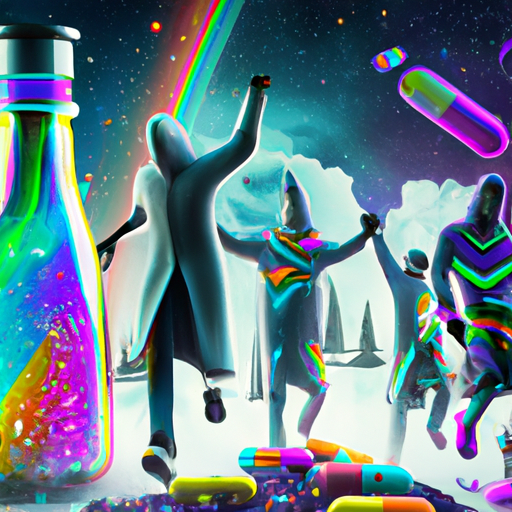
"MDMA-like" refers to behavioral effects, rather than chemical similarity. I can see a world where both "nontoxic" and "MDMA-like" become disputed criteria. Since I don't know much about pharmacology (or recreational drug use, lol), I may defer to a random selection of people I know to help resolve this market.
People are also trading
"legally available" means that at least some small group of people can get MDMA legally some of the time, even if it is very heavily restricted, right? Or does it mean general availability to a significant portion of the population?
Would something like legal substitution therapy for people who are trying to quit an MDMA habit count? (I agree this is unlikely as MDMA causes fewer addiction problems than other substances, just trying to better understand the edge cases)
@MartinModrak Basically. If it's available to any group of people (no matter how small) outside of a clinical trial, it will count.
@StrayClimb I will use the "reasonable person" standard: if it passes clinical trials, and there's no significant evidence of toxicity, and the vast majority of experts believe it's safe, then that's good enough for me.
There is also mindstate.design:
> Mindstate Design Labs develops psychedelic drug therapies for intractable mental health conditions. Our unique insights into the biological basis of the varieties of psychedelic experience enable the precision design of countless therapeutic mental states, beginning with our lead products: a 2nd generation MDMA and a 2nd generation psilocybin.
https://www.ycombinator.com/companies/mindstate-design-labs